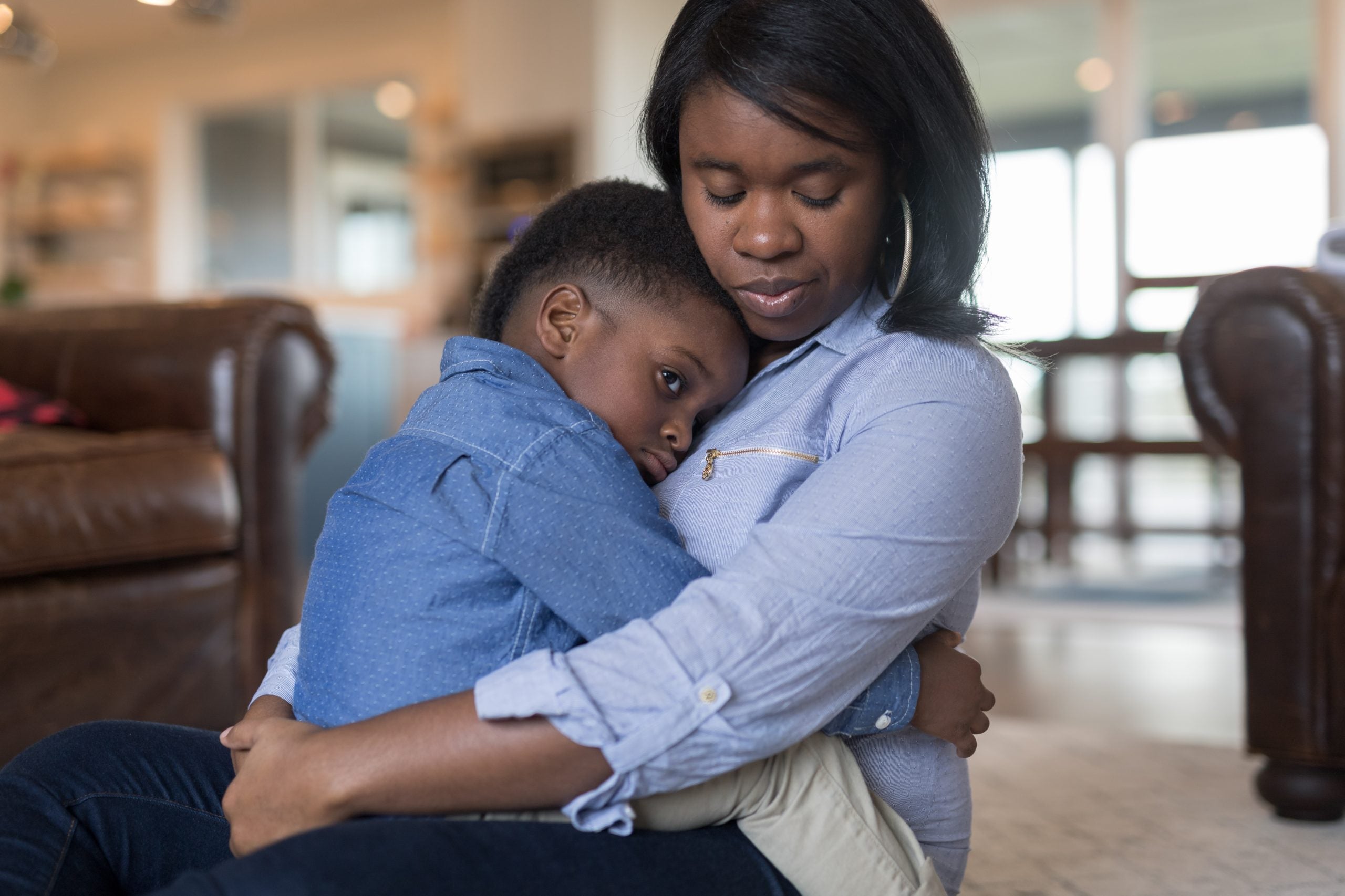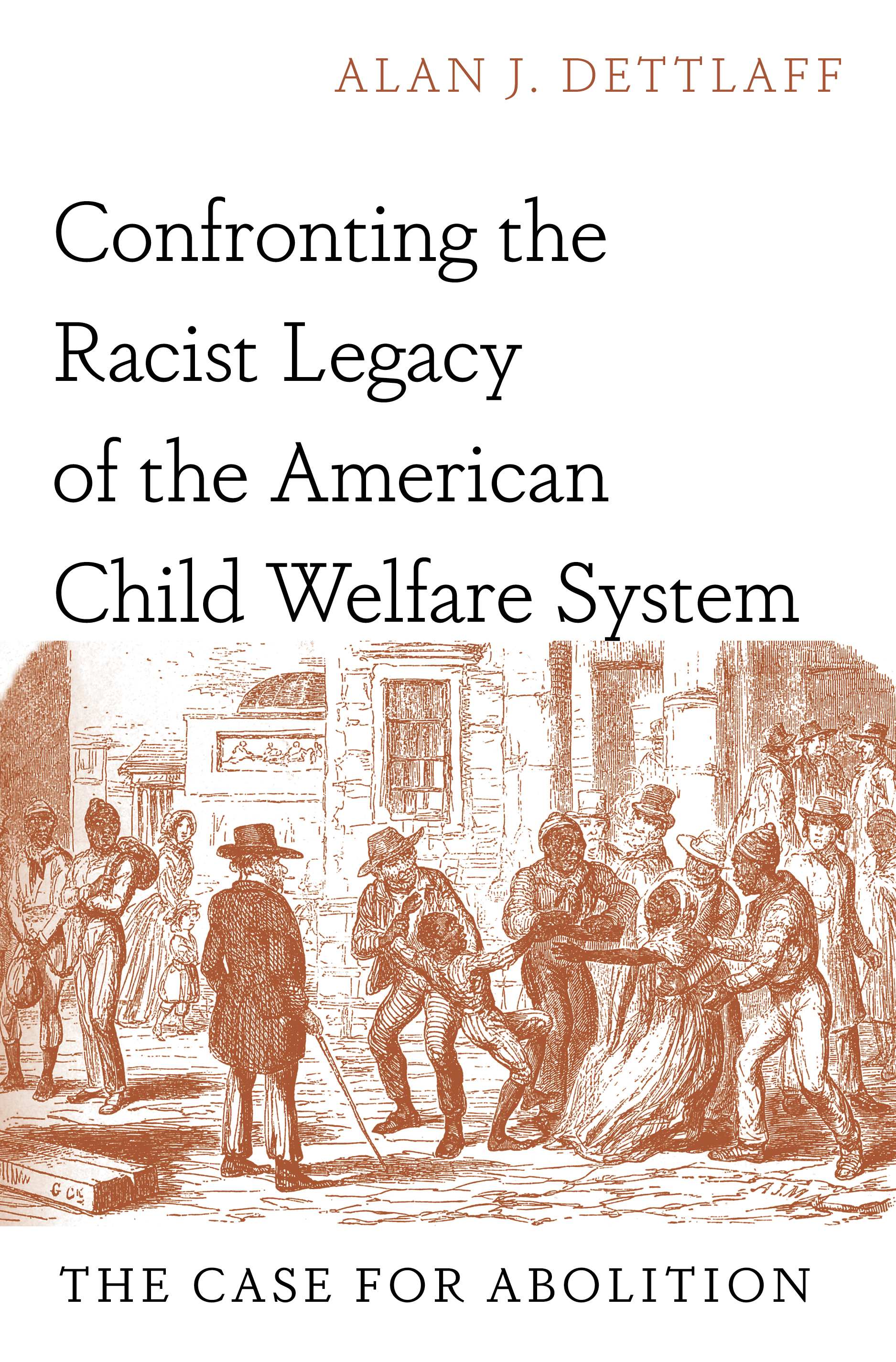Child Welfare Systems Discriminate Against Black Children


We have long known that racism and discrimination are deeply entrenched within the American child welfare system.
The research is clear—according to a 2021 study published in the American Journal of Public Health, Black children had higher Child Protective Services (CPS) encounters than that of other children, and are more than twice as likely than white children to be investigated by CPS before they turn 18.
In a proclamation from President Biden, the White House has even called out “the histories of injustice in our Nation’s foster care system.”
“Throughout our history and persisting today, too many communities of color, especially Black and Native American communities, have been treated unequally and often unfairly by the child welfare system. Black and Native American children are far more likely than white children to be removed from their homes, even when the circumstances surrounding the removal are similar,” the proclamation reads.
“Once removed, Black and Native American children stay in care longer and are less likely to either reunite with their birth parents or be adopted. Too many children are removed from loving homes because poverty is often conflated with neglect, and the enduring effects of systemic racism and economic barriers mean that families of color are disproportionately affected by this as well,” continued the White House.
Roots of the discrimination occurring within CPS can be traced back to slavery, wherein the reproductive rights of Black women were under the control of others. Despite slavery being abolished, it is still legal to intervene in Black women’s lives.
Former Child Protective Services worker Alan J. Dettlaff recently released a book covering this topic, Confronting the Racist Legacy of the American Child Welfare System: The Case for Abolition.

As Dettlaff told ESSENCE, “Since the earliest origins of the modern ‘child welfare’ system, Black children have been disproportionately separated from their families. Today, nearly one in ten Black children are separated from their families by the child welfare system, a rate more than double that of White children. But this is not a recent phenomenon.”
“I wrote this book to demonstrate that the practice of forcibly separating Black children from their families has been a tool used by the state to maintain oppression for over 400 years, dating back to the era of chattel slavery. This book is a call to learn from our history and recognize family separations for what they truly are – state-sanctioned racism and terror – and a call for this to end,” stated Dettlaff.
Dettlaff isn’t the only former social worker with this vantage point. Even workers for New York City’s Administration for Children’s Services agree. “For decades, Black families have complained that the city’s child welfare agency, the Administration for Children’s Services, is biased against them. It turns out that many of the agency’s own employees agree, according to a racial equity audit the agency commissioned but never publicly released,” The New York Times reports.
Black sociologist and advocate for social justice Dorothy Roberts has called this a civil rights issue, writing that, “[t]he color of America’s child welfare system undeniably shows that race matters to state interventions in families.”
“Viewing the racial disparity in the child welfare system as a group-based civil rights violation suggests an unorthodox form of redress. Instead of vindicating individual claims in court, it calls for broader social action,” said Roberts, offering up a revolutionary solution: “I see the child welfare system’s racial harm as a powerful argument in favor of radically transforming the system into one that generously and noncoercively supports families.”
Source link : www.essence.com
























































